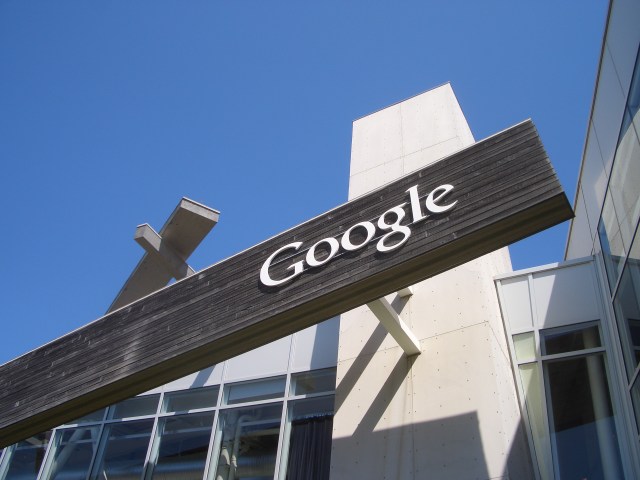
by Ana Filipa Afonseca, student of the Master´s degree in EU Law of UMinho
▪
In Portugal (and not only in Portugal), the prefix “Dr.” is usually attached to the name and confers a kind of inherent credibility to someone, as form of courtesy, sometimes for the sake of politeness even if it’s used wrongly. All over Europe, Google is referred as the most powerful search engine on the internet. Some may even address it as “Dr.”. Is it possible that we’re the main contributors for its overvaluation in the market? The fact is that Google acquired a dominant position in the market. But is this a mere case of success?
The European Commission believes that this is not the case and has accused Google of abusiving its dominant position for imposing to the device manufacturers and mobile service providers the installation of Google’s search engine by default on all the devices, through payments and exclusivity contracts.
In fact, competition between other search engine providers on the market and Google is practically nil, in accordance with the definition of a free market as one in which companies, independent of one another, operate in the same business sector and compete with each other to attract consumers. In other words, in free market each company is subject to the competitive pressure of one another. Not dispelling that the market power will always be regarded as a sort of cat and mouse game, and naturally, someone has to be the cat, that is the natural order of the market.
The question is at what point Google’s dominant position has become abusive, according to article 102 of the Treaty. Google’s abusive behaviour is not expressed as the classic predatory prices but manifested with the abuse of exploitation, similarly to Intel’s case, when this company conceded payments to MSI for the exclusive use of Intel’s x86 CPU in all their computers.
The Google case will be particularly interesting because it brings new challenges to the European Competition Law and it will make apparent the necessity to increase the penalty efficiency and the dissuasive antitrust behaviours – even if Google ends up condemned, will it have been worthy it? The Court of Justice of the European Union will have the opportunity to further develop the due damages to individuals for antitrust behaviour, such as the Courage and Manfred cases. Institutionally, it will be possible to turn a new leaf in the European Competition Law in accordance with Pavlov’s dog theory: the Union may debate the positive stimuli to the companies that exert fair competition instead of only maintaining a negative one.
Clearly the economic integration was successful but this doesn’t mean that it can no longer improve.
“Antitrust: Commission sends Statement of Objections to Google on Android operating system and applications” via European Commission Press Release.
“Google faces EU charge over Android ‘abuse of dominance‘ “, via BBC.
“EU says Google imposed restrictions on Android device makers, network operators“, via The Wall Street Journal.
Picture credits: Google food by brionv.
